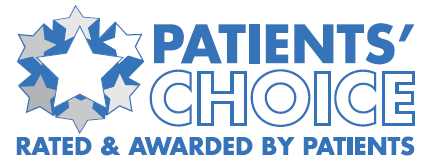Every year, 103,000 people are diagnosed with colorectal cancer in the United States. According to the American Cancer Society, the disease is the second leading cancer-related cause of death in the country. The best way to prevent developing this life-threatening disease is to maintain proper anorectal care. Patients over the age of 50 should have regular screenings for colorectal cancer, and patients with a family history of the disease should be screened regularly after the age of 40.
Regular anorectal examinations can alert your doctor to any signs or symptoms of the disease. Typically, an examination of this type includes a visual inspection, palpation test and anoscopic assessment. The patient lies on his or her side while the doctor looks at the anal polyp, external hemorrhoids and anal fissure. A digital examination can be used to detect masses in the anorectal canal. Finally, an anoscopy can be used to diagnose a host of anorectal diseases.
Any unusual symptoms in the anorectal area should be examined by a doctor. Itching is a common symptom of anal rectal disease. The act of scratching may additionally harm the area and makes symptoms worse. The sensitive skin surrounding the anus can be very agitated by substances like fabrics, soaps and perfumes. Scratching may only cause further irritation and result in fissures surrounding the perianal area. Anal itching is often treated with antihistamine but may require the use of a topical corticosteroid. Even if the itch is relieved, an underlying problem such as hemorrhoids may still be present. The proper anorectal care is required to diagnose and treat this symptom.
Anal pain may also indicate anorectal disease. Discomfort may be caused by anal fissures, infection, hemorrhoids or advanced rectal cancer. An anorectal examination is the first step toward diagnosing the cause of this symptom.
Anorectal diseases may also cause lumps to form in the anal area or rectal bleeding. These symptoms may indicate fissures, polyps, hemorrhoids or cancer. Once again, an anorectal examination is the most useful tool for diagnosing the cause of these symptoms.




